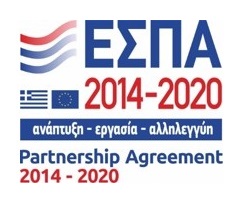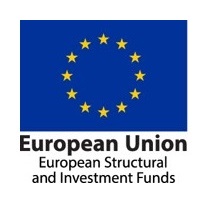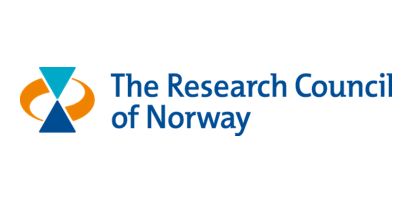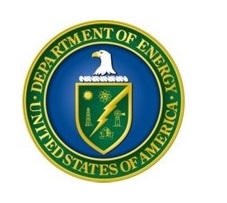Membrane Systems for CO2CaptureStorageat sea

The maritime transport sector contributes significantly to the global anthropogenic release of gaseous and particulate pollutants. According to recent studies, exhaust emissions from ships contribute to 15% of global nitrogen oxide (NOx) emissions and 3-7% of the corresponding sulfur oxide (SOx) emissions. The shipping industry also contributes significantly to greenhouse gas (GHG) emissions. Currently 3% of the total global GHG emissions are attributed to the shipping industry and this share is expected to increase by 20 - 50% by 2050. As the shipping sector is growing rapidly - with Greek shipping playing a leading role – there is a tantamount need for strict measures to contain the environmental impact. In this context, both the European Union (EU) and the International Maritime Organization (IMO), through the International Convention for the Prevention of Pollution from Ships (MARPOL 73/78), have introduced stringent emission regulations.
The MemCCSea project is among the very few projects world-wide that aim to develop hyper-compact membrane systems for post-combustion CO2 capture specifically designed and optimized for the maritime sector and define strategies for its integration in the ship powerplant (marinization). The developed membrane technology, incorporating advanced seawater based solvents and innovative membrane materials (ceramic, polymeric, graphenic), displays significant advantages over conventional scubber technologies, such as substantially higher efficiency and reduced volume, issues that are crucial in the shipping industry. The MemCCSea technology aims for a 10 times smaller volume and 25% lower costs than conventional scrubbing systems with a recovery of more than 90% of the main engine CO2 emissions.
MemCCSea is funded by the EU through the ACT (Accelerating CCS Technologies) ERANET program and is a consortium of leading universities, research centers and industrial partners from Europe and the USA under the coordination of CERTH. Consortium members include Fraunhofer-IKTS (Germany), NTNU (Norway), NETL/DoE (USA), DNV (Greece) and DBI-GUT (Germany). The leading shipping company EURONAV also participates as an associate consortium member. The project commenced in November 2019 and finishes in October 2022.
The MemCCSea project fittingly concluded with a dissemination and networking event which aimed to present the key project results in a wider audience while providing a forum for discussion in the general frame of shipping industry decarbonization. The event “Opportunities and Challenges for the Decarbonization of the Maritime Sector” aimed to bring together ship owners, classification societies, technology providers, marine engineers, policymakers and consisted of concise presentations of the MemCCSea technology and its marinization potential by project partners, followed by two round table discussions aiming to provide an expert forum for discussing the technical, environmental, financial and societal implications of integrating CCS and other decarbonization technologies in the shipping sector. The event was held in the Stavros Niarchos Foundation Cultural Centre in Athens on Friday 14 October 2022.









